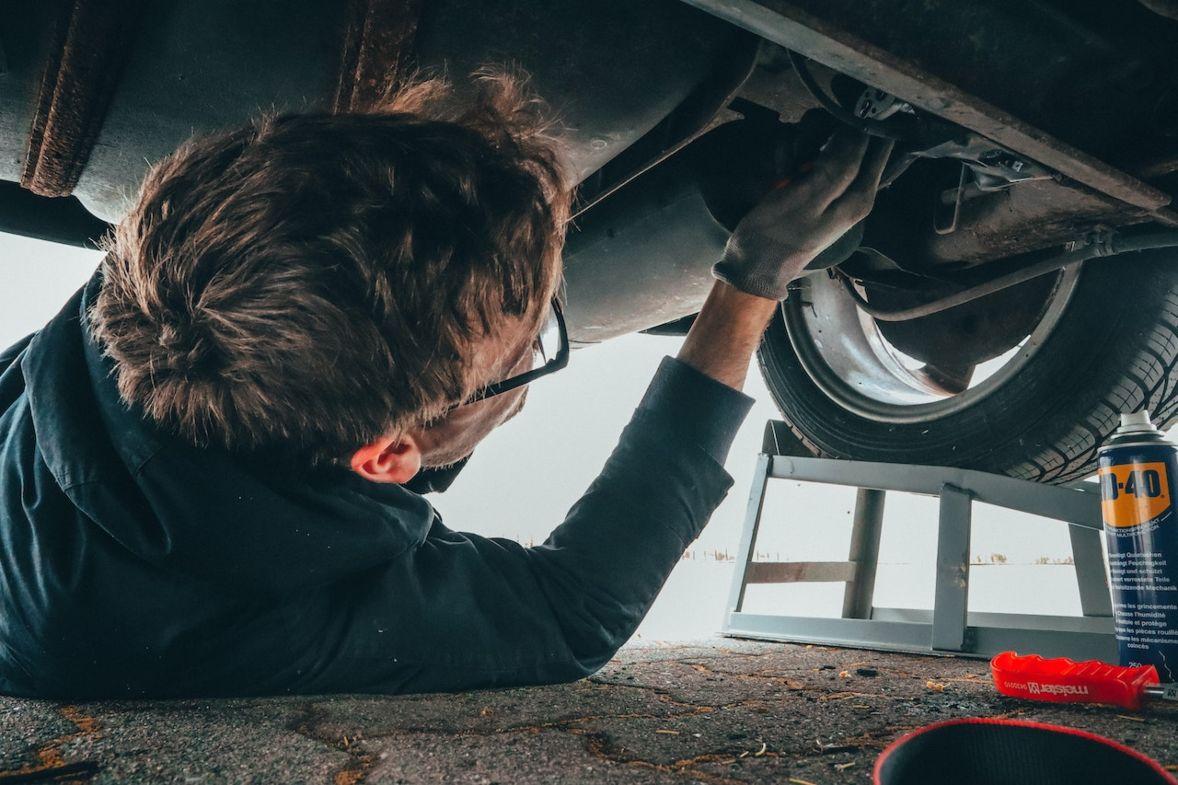When your vehicle requires repairs, it’s natural to feel apprehensive about the potential costs involved. However, armed with the right knowledge and approach, you can navigate these situations with confidence.
Negotiating car repairs is not about adversarial tactics, but rather a collaborative effort to arrive at a fair solution for both parties – you, the car owner, and the mechanic.
Table of Contents
Strategies for Effective Negotiation with Mechanics
When it comes to negotiating car repairs with mechanics, your approach can make all the difference. By following a strategic process, you can not only save money but also ensure that your vehicle receives the care it deserves.
The Initial Conversation
The process of negotiation kicks off the instant you walk into the repair shop. It’s important to approach the conversation with genuine respect and a desire to see things from the mechanic’s point of view. Take a moment to clearly describe any problems you’ve observed, whether it’s the expense of repairing collision damage or the query what’s the cost to fix a bumper. Stay receptive to the mechanic’s input and advice. A friendly and courteous attitude paves the way for a fruitful negotiation ahead.
Asking the Right Questions
To negotiate effectively, you need to gather information. Ask questions about the nature of the repairs, the parts that need replacement, and the estimated labor hours. Seek clarification on any technical jargon you may not understand. This not only empowers you with knowledge but also shows the mechanic that you’re engaged and informed.
Negotiating the Price
Armed with the information you’ve gathered, you can now discuss the price. Request a detailed breakdown of the costs, both for parts and labor. Compare these figures with market averages to ensure you’re getting a fair deal. If the quote seems high, don’t hesitate to express your concerns. Politely inquire if there’s room for negotiation or if there are alternative solutions that could be more cost-effective.
The Role of Warranties in Repair Negotiation
Warranties play a significant role in repair negotiations. If your vehicle is still under warranty, discuss with the mechanic whether the repairs fall within its coverage. Additionally, inquire about any warranties on the parts being used. A reputable mechanic will be transparent about warranty terms and conditions, giving you peace of mind about the longevity of the repairs.
Tips for Building a Trustworthy Relationship with Your Mechanic
Developing a trustworthy relationship with your mechanic is beneficial in the long run. Regularly servicing your vehicle at the same shop can lead to familiarity and reliability. Communicate openly about your budget constraints and long-term goals for your car. A mechanic who understands your needs is more likely to offer cost-effective solutions and prioritize your safety.
Warning Signs of Unnecessary Repairs or Overpricing
Unfortunately, not all repair shops operate with the highest integrity. Be vigilant for warning signs of unnecessary repairs or overpricing. If a mechanic insists on extensive repairs without providing a clear explanation, it’s wise to seek a second opinion. Research and customer reviews can also provide insights into the shop’s reputation and practices.
Examples of Successful Negotiation with Mechanic
To illustrate the effectiveness of negotiation, consider these examples.
- Sandra, an astute car owner, faced a daunting quote for collision damage repair. Armed with local rate research, she confidently approached her mechanic. Through an open dialogue, Sandra negotiated a more reasonable price that aligned with quality standards.
- Mark’s unexpected encounter with a bothersome bumper dent left him wondering, “How much is it to fix a bumper dent?” This question prompted him to delve into his available choices. He got different prices from different places, trying to balance safety and money. With his good negotiating skills, Mark found the best way to fix his car. He saved money and made sure his car was safe.
- Jane, mindful of her budget, navigated a potential brake pad replacement with finesse. Suspecting overpricing, she engaged her mechanic in a detailed discussion. Jane’s proactive approach and willingness to seek clarification resulted in a revised estimate that matched fair market rates.
- Tom encountered a puzzling engine issue that could have led to costly repairs. To avoid unnecessary expenses, he sought a second opinion from a different mechanic. His diligence paid off when he discovered a simpler solution that saved him from unnecessary financial strain.
These real-life examples underscore the impact of effective negotiation. By approaching repairs thoughtfully and confidently, car owners like Sandra, Mark, Jane, and Tom demonstrated that informed discussions can lead to favorable outcomes for both parties involved.
In conclusion, negotiating car repairs with mechanics is a skill that can save you money and ensure your vehicle receives the necessary care. By initiating the conversation respectfully, asking pertinent questions, and being proactive in researching prices and warranties, you can navigate the negotiation process with confidence.
Building a trustworthy relationship with your mechanic further enhances your ability to achieve mutually beneficial outcomes. Remember, successful negotiation isn’t about confrontation – it’s about collaboration and arriving at the best solution for your car’s well-being and your wallet’s health.
Also Read – Understanding the Basics of FLuc mRNA




